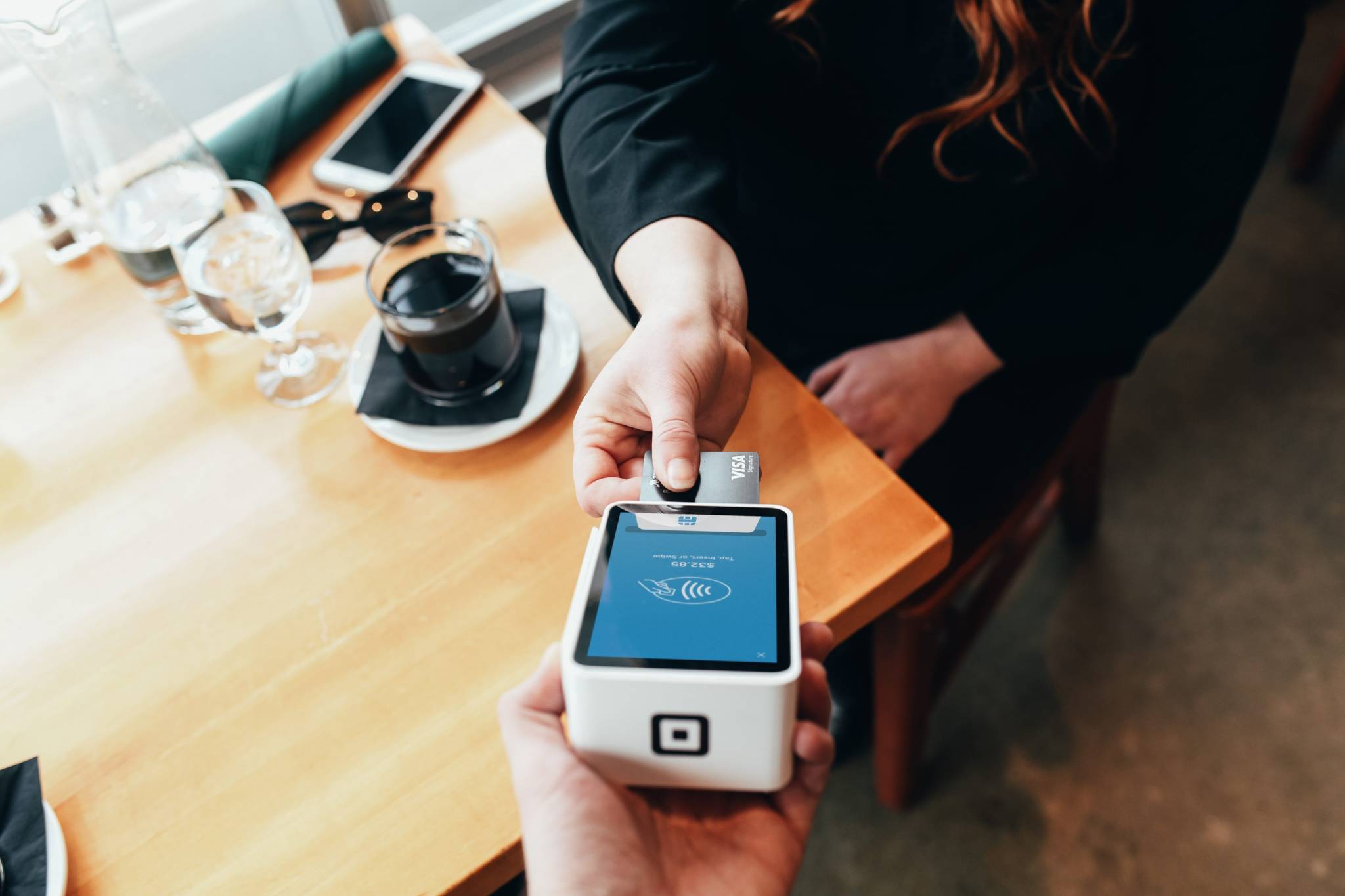
John Lewis is helping customers to minimise their impact on the environment by opting for slower ‘eco-deliveries’. The initiative shows how people who are anxious about climate change are willing to accept small inconveniences in order to reduce their carbon footprint and allay their anxieties. We explore the insights behind this and why John Lewis is introducing eco-delivery as an eco-friendly initiative.
As per the initiative, customers can choose to have bigger items delivered to their home when a van is close by, which will likely result in a slower delivery time while reducing the fuel needed for online deliveries. The benefits are threefold: the impact on the environment will be smaller, consumers will associate John Lewis with sustainability, and John Lewis will save on fuel costs for every customer who signs up to the program. Eco-deliveries are likely to be a popular service, as “Our customers have told us they want us to help them reduce their impact on the planet,” according to Stephen Cawley, the head of sustainability at John Lewis. The retailer hopes that making and delivering concrete measures to allay consumer’s eco-worries is an authentic way to tackle the issue.
As ethics rise in people’s considerations when shopping, high-end brands are having to adopt ethical initiatives, as luxury is becoming increasingly defined by consumer values. Research has shown that almost half of online shoppers have abandoned a purchase because a retailer's ethos didn’t align with their values, and 72% of Gen Zers say they’d pay more for a product that's sustainably produced. This willingness to accept certain costs or inconveniences in order to uphold values is a growing consumer move across sectors. Brands that give people a way to offset their environmental impact may experience increasing popularity as sustainability continues to grow in importance. Alternative Selection, for example, offers carbon-neutral beef in Australia and Singapore, and Exodus Travels helps people make their holidays more ethical.
Kezia Sullivan is a Junior Behavioural Analyst at Canvas8, with an MSc in Social Cognition, Research and Applications from UCL. She’s previously worked as an event organiser and freelance writer, and in her free time enjoys riding horses and rock climbing.



